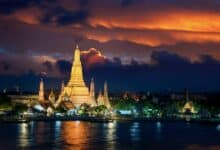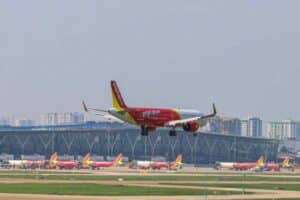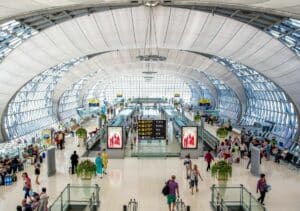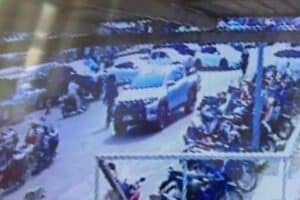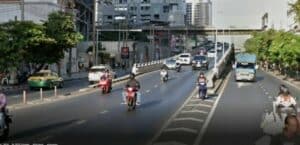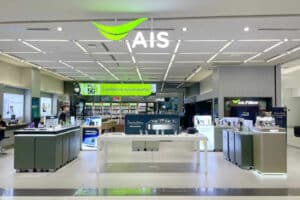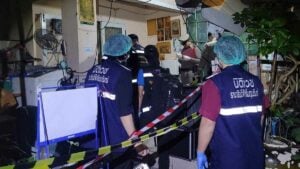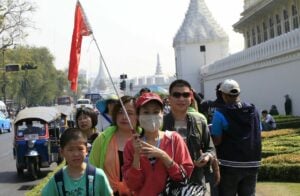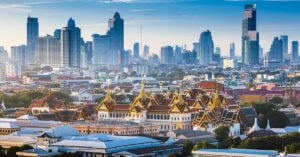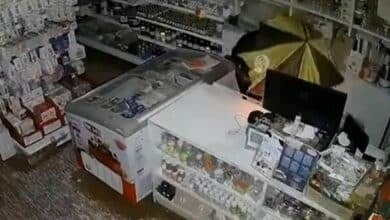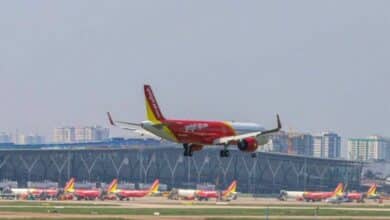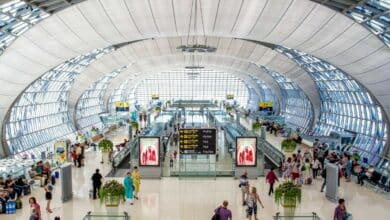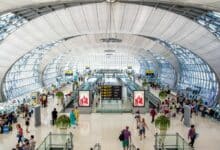Bangkok launches new measures to combat PM2.5 pollution
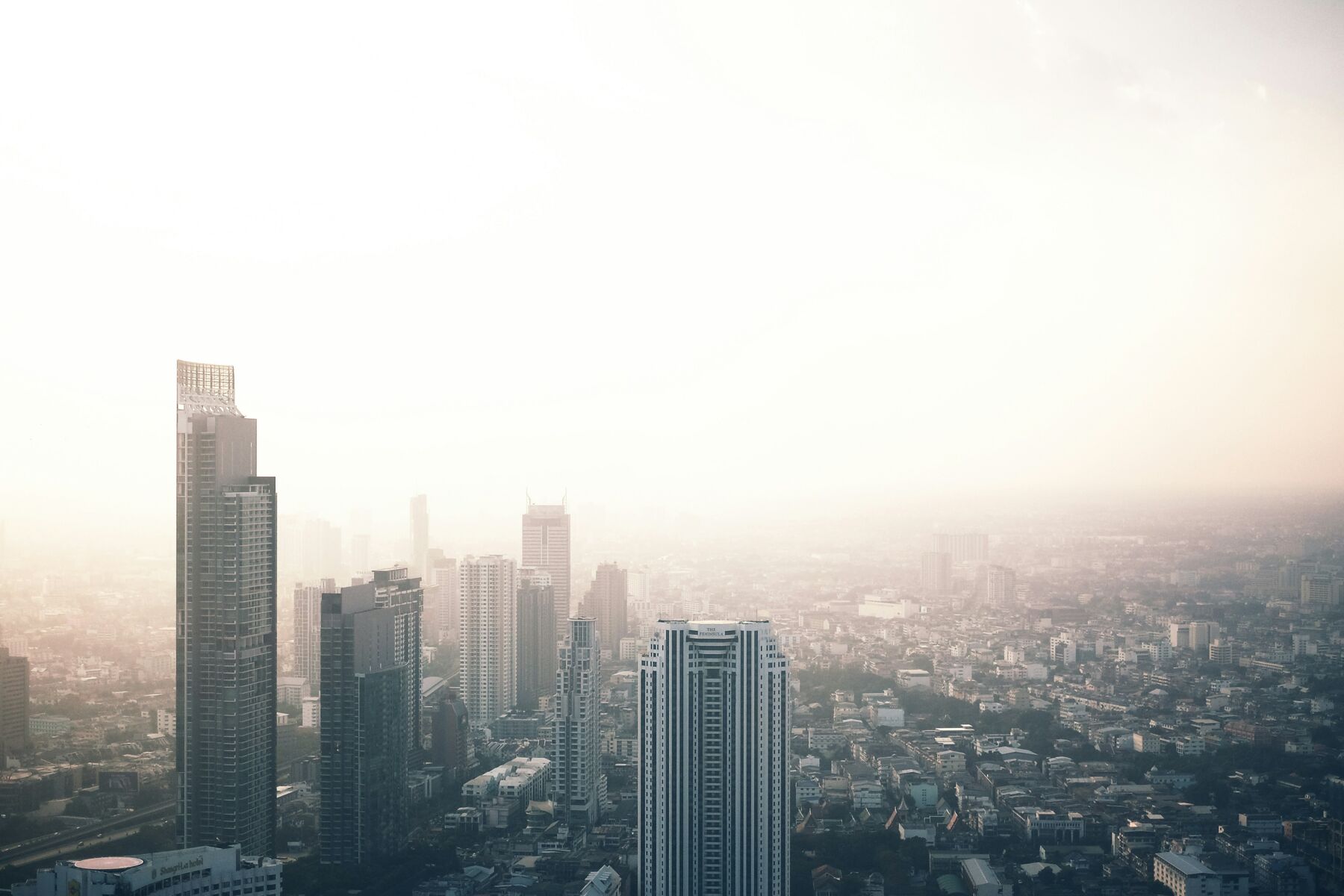
The Bangkok Metropolitan Administration (BMA) is set to implement new measures aimed at reducing air pollution, specifically targeting PM2.5 fine dust pollution.
BMA spokesperson Aekvarunyoo Amrapala revealed that Bangkok’s PM2.5 dust levels often surpass the safe threshold of 50µg/m³ from November to March due to stagnant air conditions.
To combat this, the BMA has directed all district offices to start implementing measures from tomorrow, October 25.
The planned actions include stricter inspections for black smoke emissions from all vehicle types, collaborating with local police to manage traffic, and enforcing no-parking zones on major and secondary roads, Aekvarunyoo said.
Additional measures involve encouraging drivers to turn off engines while parked, regulating factories and construction sites to ensure pollutant emissions remain within safe levels, and banning open burning of trash, he added.
Chinese shrines, foundations, and temples have been asked to avoid lighting incense and burning paper. There will also be increased street cleaning, dust vacuuming, and washing of trees, leaves, and bus stops, he noted.
Natural Resources and Environment Minister Chalermchai Sri-on addressed the PM2.5 pollution issue on his Facebook page, mentioning its impact on Bangkok and surrounding provinces. He outlined a comprehensive plan to tackle pollution next year through a three-level management framework: national, regional, and provincial, reported Bangkok Post.
Key strategies include creating risk maps for areas with illegal burning, managing forest fires, regulating fuel usage, and monitoring high-risk agricultural zones, Chalermchai said.
In related news, the Pollution Control Department is set to introduce new regulations requiring diesel vehicles over 20 years old to undergo bi-annual inspections to tackle PM2.5 pollution.
Pollution Control Department Director-General, Preeyaporn Suwannakes revealed that PM2.5 particulate matter arises from various sources and differs depending on activities in each area. Bangkok and its surrounding metropolitan area, plagued by heavy traffic congestion, are major contributors to PM2.5 emissions due to a higher population density.
